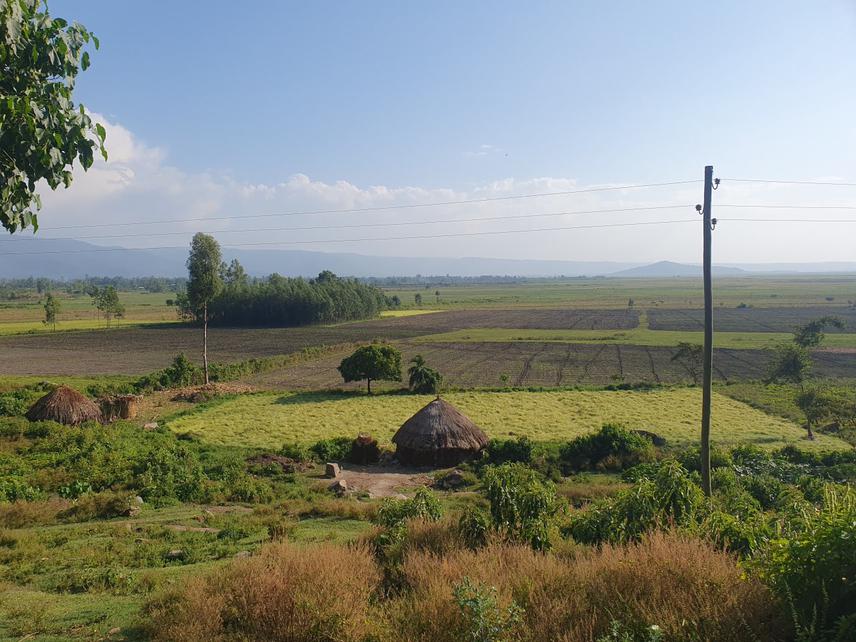Mikias Biazen
Other projects
12 Aug 2021
Improve Population Status of Black-Tailed Godwit through Community Based Conservation in Cheleleka Wetland, Wondo Genet Watershed, Ethiopia
The major objective of this project is to equip local communities with the knowledge and skills they need to engage in conservation activities that address both conservation and livelihood needs, and to contribute to the sustainable conservation of wetlands and Black-tailed Godwit and its habitat in the project area. Cheleleka wetland is the most degraded area that contains a lot of flora and fauna species including the Black-tailed Godwit (Limosa Limosa), which is listed as a near threatened and endangered bird species in IUCN red list. The number of this bird species is becoming fragmented and declined due to wetland habitat degradation and loss, and natural and other anthropogenic factors. Because of wetland habitat degradations and losses, poor breeding conditions and lack of local community participation in conservation the population number shows a reduction in the past decades in the wetland. In addition to this, the wetland is a very important area for the sustainable livelihoods of the local communities. The majority of the surrounding farmers living around the wetland got economic benefits such as fishing, growing crops, grazing, settlement, cleaning, and drinking water for humans and livestock.

Wetland Conversion to Agricultural Land.
To reduce the effect of human activities on the population of selected bird species and its habitats from further losses, during the first RSG period awareness creation programme was conducted on ecological and socioeconomic benefits of wetland habitats, conservation concerns of Black-tailed Godwits and its breeding sites and strengthen environment and nature conservation clubs in public college and schools. During this period wetland conversion to other land use types including of crop land and grazing land are identified as a threat for wetland habitat conservation in the project area. Hence, to sustain and improve the above-mentioned benefits of wetland ecosystems, and to save Black-tailed Godwits from local extinction the current project (second phase RSG) is designed to build local community capacity through equipping with knowledge and skills required to undertaking conservation actions that favours both Black-tailed Godwits and wetland habitat conservations, and community livelihood needs.
Therefore, objectives of this project include:
• To train local community and other stakeholder on alternatives livelihoods activities favor both conservation and livelihood needs
• To establish new environment and nature conservation clubs at three public schools and strengthen them by providing trainings and materials
• To monitor Black-tailed Godwits population and breeding conditions in the Cheleleka wetland.